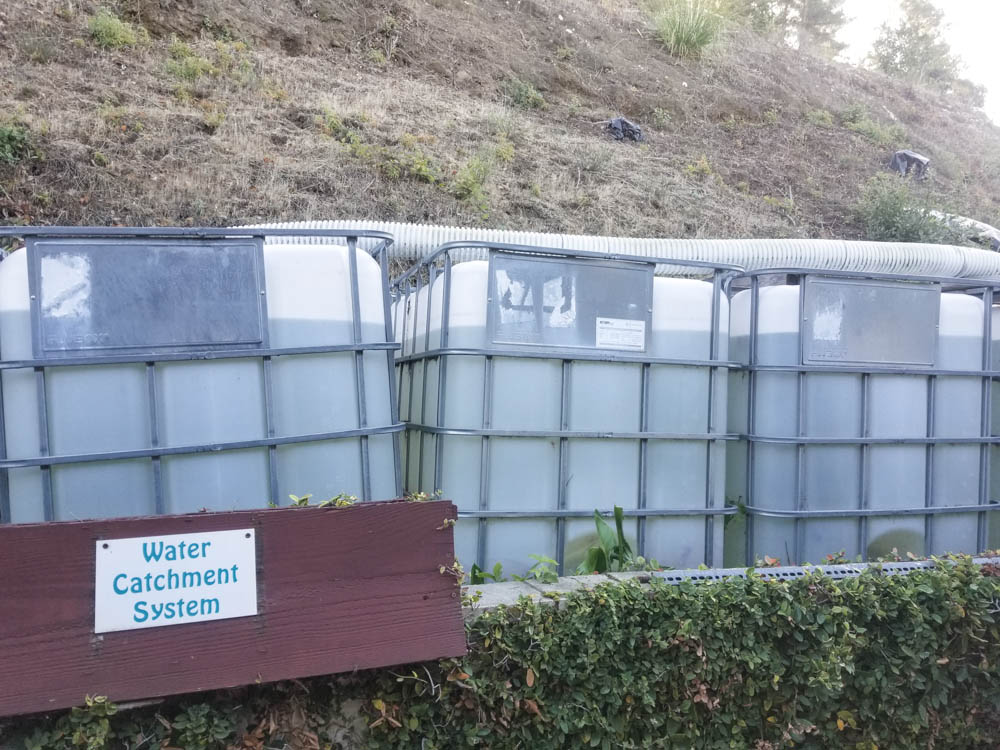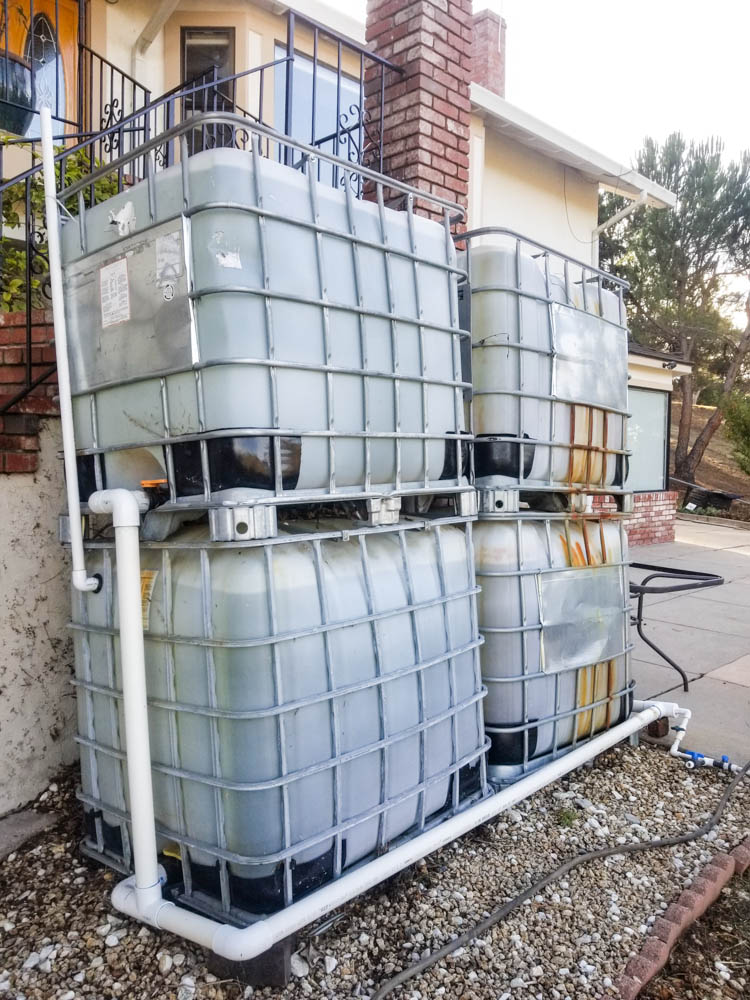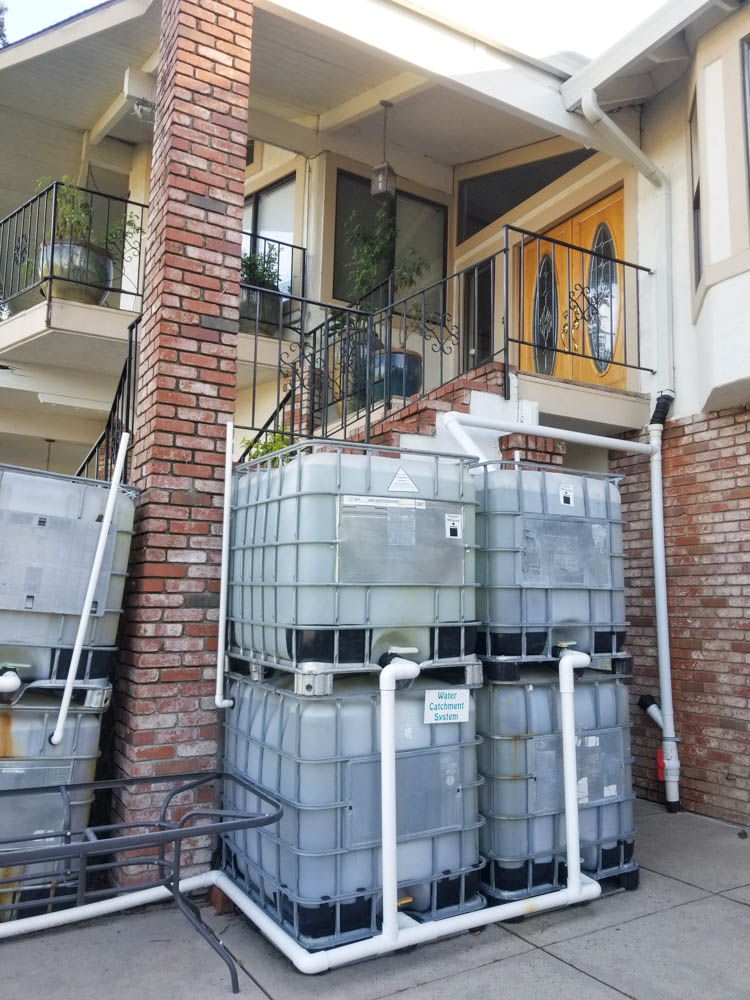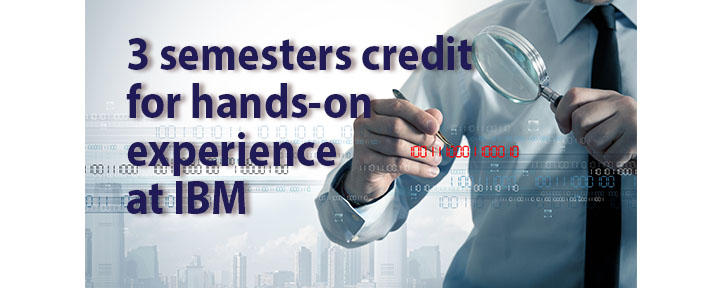
Colleges recognize that higher education doesn’t always give students the real hands-on experiences they need to be prepared to enter the workforce after graduation, so they’re working with corporations to create apprenticeships that translate to real college credits.
IBM offers software engineering apprenticeships that give college students 3 semesters of college credit at participating institutions while working for 12 months getting on-the-job training. In the Apprenticeship Pathways Project that was launched by the American Council on Education’s College Credit Recommendation Service (ACE), 6 institutions have been granted recognition to issue earned digital credentials.
Students participating in IBM’s software engineering apprenticeship program take a minimum of 200 hours of structured learning that takes place in a virtual classroom and 6-9 months of hands-on training. This creates a win-win situation for both students and employers. Students get the much-needed training and employers get employees who are better prepared to quickly get on board.
In addition to IBM, Microsoft LEAP, Tectonic, the Wireless Infrastructure Association, and Electrical Training Alliance are working with ACE’s pilot program to offer credit for hands-on work experience.
Northeastern University has offered coop internships as part of their unique Center for the Future of Higher Education and Talent Strategy for decades. Ivy Tech, Bismarck State, Excelsior, Rowan, Tidewater Community and CSU San Bernardino have pilot apprenticeships within the ACE program.
College students can participate in internships for credit through ACE, or they can work with college professors and advisors at their colleges to get credit in field study, internship, or other programs.

Colleges recognize that higher education doesn’t always give students the real hands-on experiences they need to be prepared to enter the workforce after graduation, so they’re working with corporations to create apprenticeships that translate to real college credits.
IBM offers software engineering apprenticeships that give college students 3 semesters of college credit at participating institutions while working for 12 months getting on-the-job training. In the Apprenticeship Pathways Project that was launched by the American Council on Education’s College Credit Recommendation Service (ACE), 6 institutions have been granted recognition to issue earned digital credentials.
Students participating in IBM’s software engineering apprenticeship program take a minimum of 200 hours of structured learning that takes place in a virtual classroom and 6-9 months of hands-on training. This creates a win-win situation for both students and employers. Students get the much-needed training and employers get employees who are better prepared to quickly get on board.
In addition to IBM, Microsoft LEAP, Tectonic, the Wireless Infrastructure Association, and Electrical Training Alliance are working with ACE’s pilot program to offer credit for hands-on work experience.
Northeastern University has offered coop internships as part of their unique Center for the Future of Higher Education and Talent Strategy for decades. Ivy Tech, Bismarck State, Excelsior, Rowan, Tidewater Community and CSU San Bernardino have pilot apprenticeships within the ACE program.
College students can participate in internships for credit through ACE, or they can work with college professors and advisors at their colleges to get credit in field study, internship, or other programs.
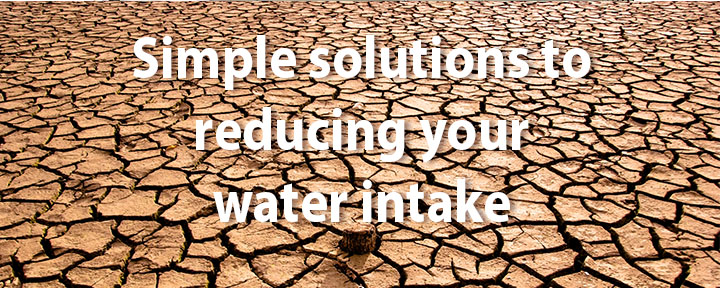
Here in California, we’re facing water shortages and severe drought. Local municipalities now have strict water restrictions and neighbors are “drought shaming“, i.e. reporting others’ misuse of water (washing cars, sprinkling lawns). Consumers are even going after commercial growers who export crops like almonds to foreign countries or bottled water companies (like Nestle) for selling our precious water reserves for profits.
So what can you do?
Tip #1: Set up a water-catchment system to collect 1000s of gallons of rainwater
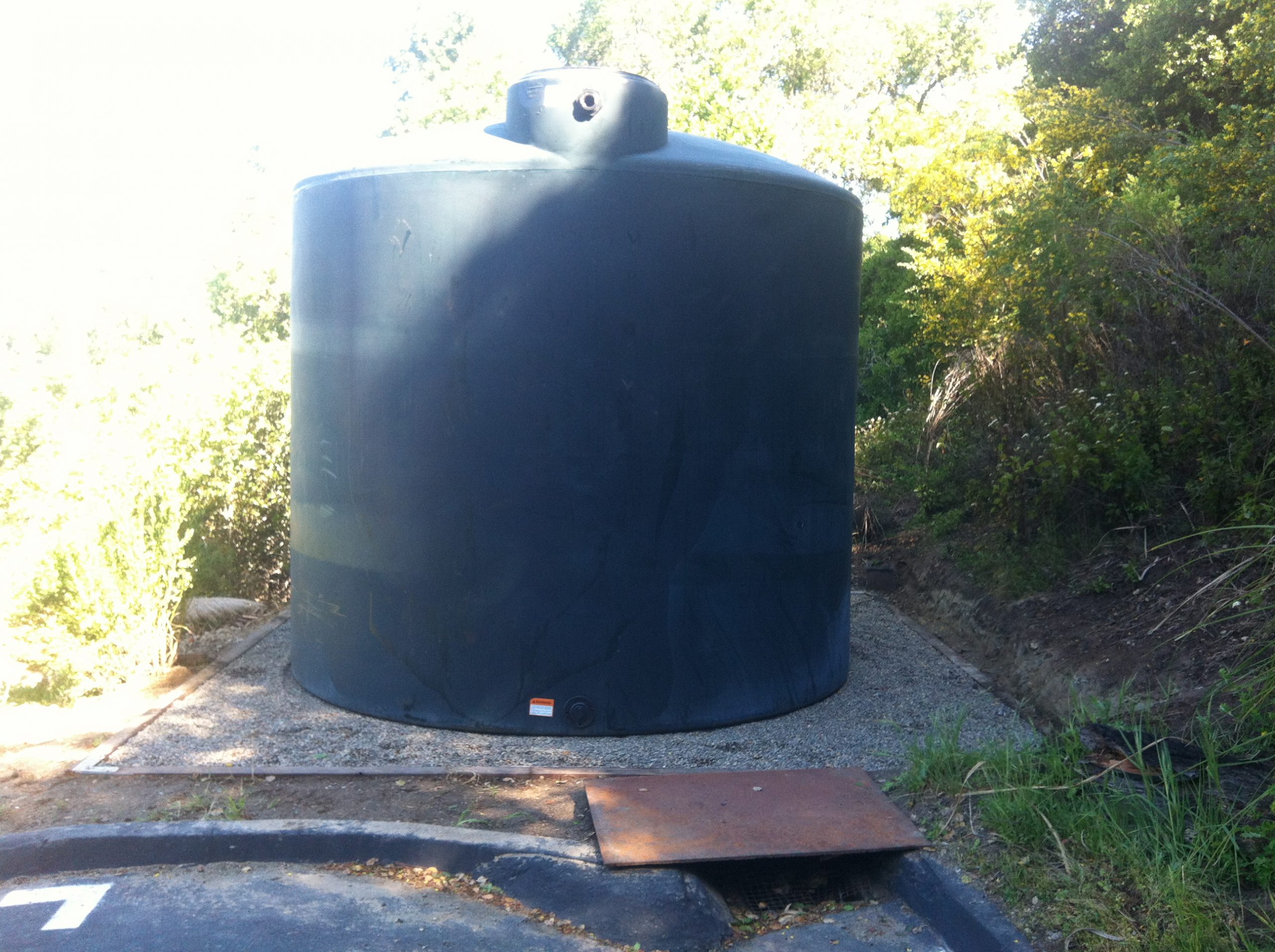 I didn’t realize I could capture almost 8,000 gallons of water from just one storm until we tested out our new rain catchment systems in 2012. Surprisingly, the entire 5,000-gallon tank filled up in just one night! Nine years ago, we installed a 4,999 gallon tank (a 5,000 gallon tank requires a building permit!) to collect rainwater from the road above our house. It was simple to do! We laid gravel on a 10-foot by 10-foot pad and Scotts Valley Sprinkler and Pipe Supply delivered it exactly where we wanted it to be. We diverted the existing drainage pipes to pour into the top of our tank and hooked the tank up to our drip irrigation system for our fruit tree orchard.
I didn’t realize I could capture almost 8,000 gallons of water from just one storm until we tested out our new rain catchment systems in 2012. Surprisingly, the entire 5,000-gallon tank filled up in just one night! Nine years ago, we installed a 4,999 gallon tank (a 5,000 gallon tank requires a building permit!) to collect rainwater from the road above our house. It was simple to do! We laid gravel on a 10-foot by 10-foot pad and Scotts Valley Sprinkler and Pipe Supply delivered it exactly where we wanted it to be. We diverted the existing drainage pipes to pour into the top of our tank and hooked the tank up to our drip irrigation system for our fruit tree orchard.
Thrilled by our ability to capture so much water in just one night, we bought 10 IBC tanks that each hold 275 gallons of water. We lined all 10 IBC tanks up behind our house and connected them together with a 2″ PVC pipe. Then we diverted one of the rain gutters from our rooftop to pour directly into one of the IBC tanks. Again, with just one storm, all 10 IBC tanks filled in just one night!
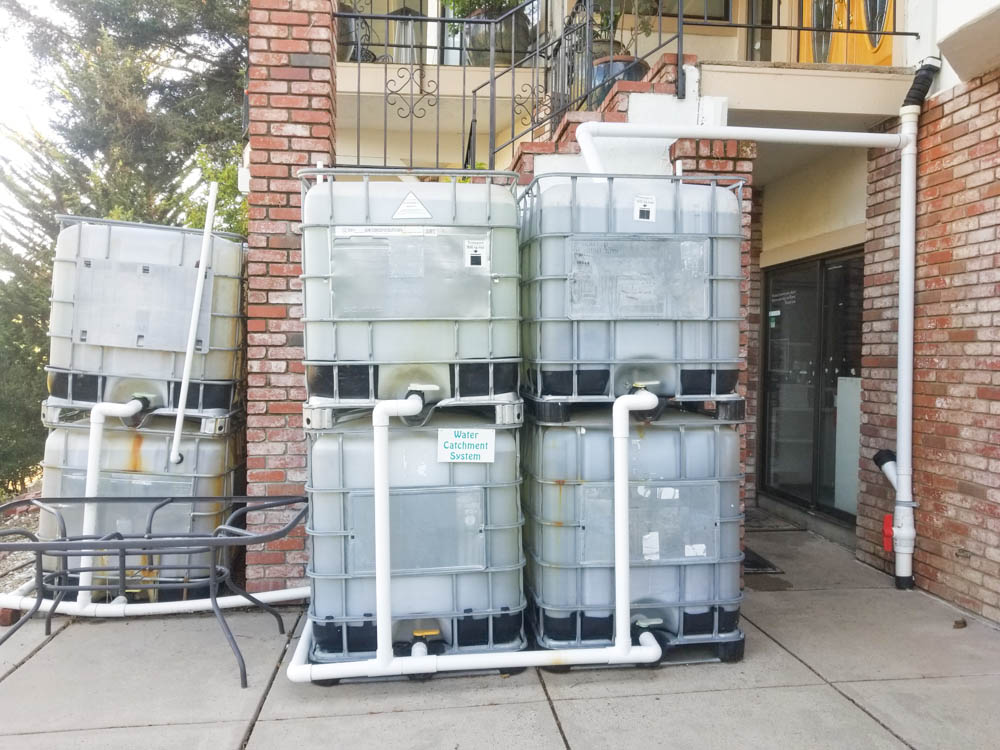
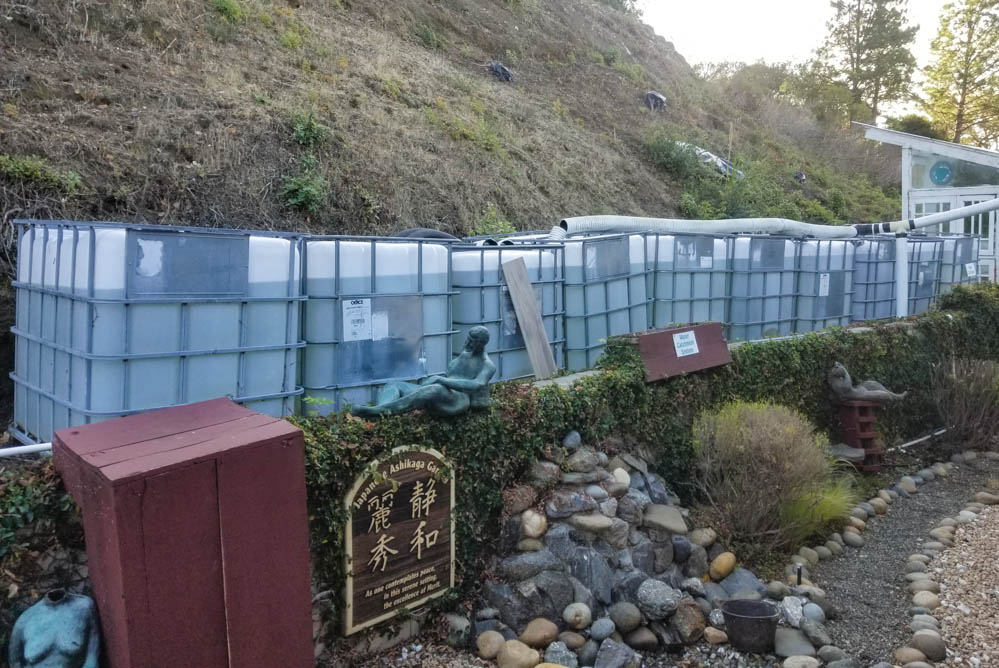
A few years later, we added 8 more IBC tanks on the other side of our house so we could capture almost all of the rain that hits our roof. We water our entire fruit orchard with these water-capture systems every summer.
It’s reassuring to know that if we are ever without water, we could always chlorinate these tanks and have drinking water. Peace of mind…
Tip #2: Reuse water from your sinks and showers
Our water tables are low and farmers have pumped so much water that land masses are buckling and surface patches are sinking. So what can you do? Use the water from your tap TWICE before it goes down the drain. Here are 2 easy ways to save between 3-6 gallons of water per person each day.
Sinks:
Capture the water you run while you’re waiting for the warm water in your tap. In your bathroom, place a plastic tub or bucket under your faucet to catch the water as you brush your teeth and wash your face. In the kitchen, place a pitcher or bucket to catch the water while you wash veggies or rinse dishes.
When the buckets fill up, water plants or fill up buckets in the bathroom to flush toilets later.
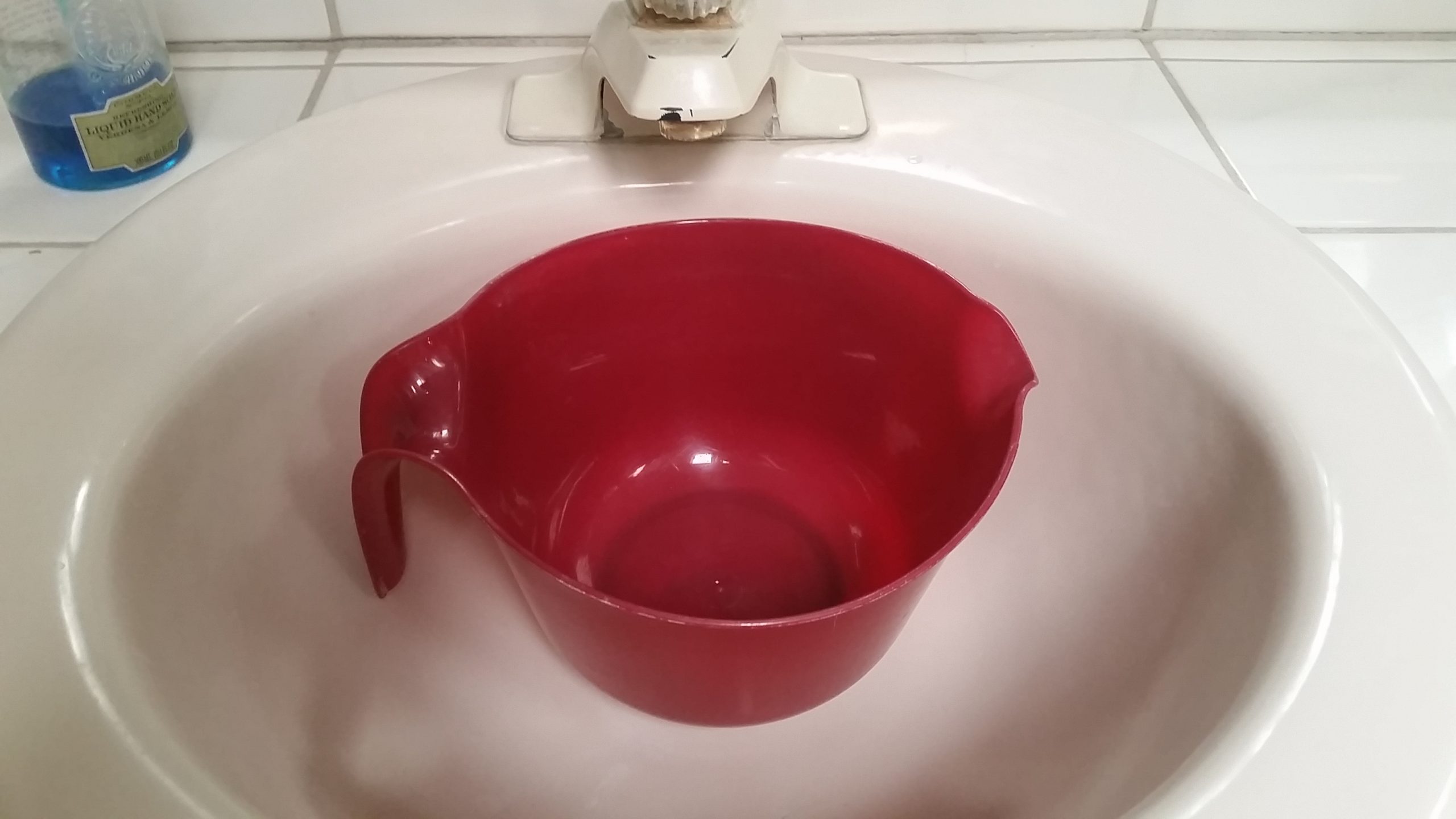
Showers:
Fill up buckets as you wait for the hot water before showering. Depending on where your hot water heater is located, you may waste 1-2 gallons of water before the water is warm enough to step into your shower. Then, as you shower, place a bucket in front of you and one behind you to capture water as you wash your hair. With my long hair, I can fill up 3 buckets of water just to wash my hair!
When I’m done with my shower, I use these buckets to flush the toilet all day and night. I don’t use any domestic water to flush the toilet!
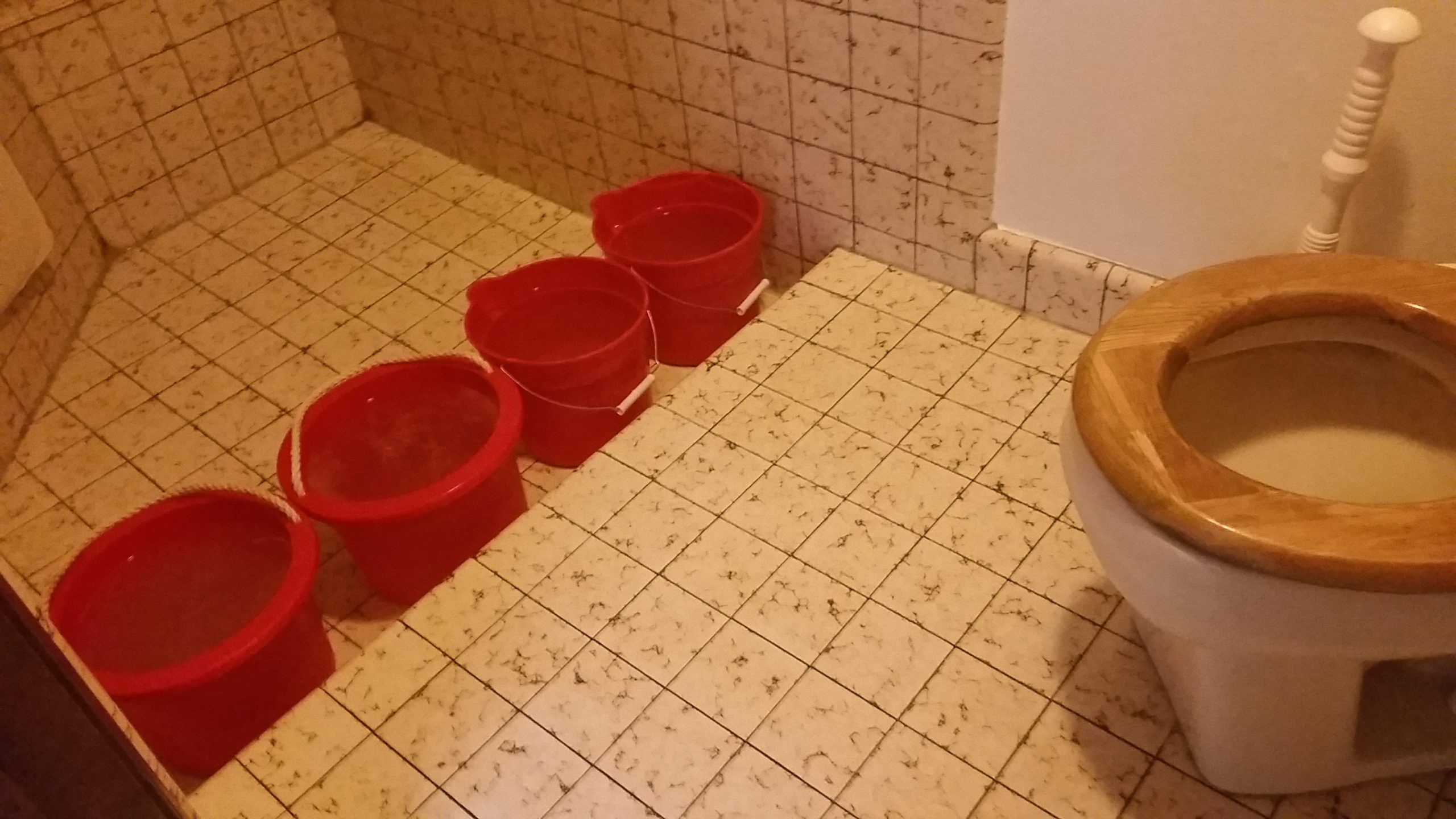
You can buy 1-gallon buckets at a dollar store and create this water-saving system for under $10. So lather up and capture your water. You’ll reduce the water you use and possibly prevent $500 water fines!
Check out this video to see how you could benefit from these DIY water catchment plans. Now you can set up your own bathroom and rooftop water systems.
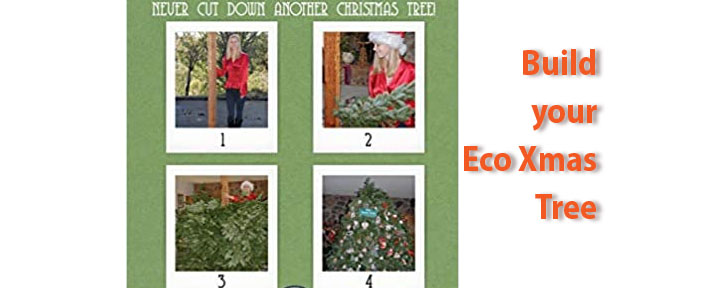
Worried about getting that perfect Christmas tree this year? After losing over 4 million acres to wildfires last year and the crazy supply chain problems this holiday season, prices are going to skyrocket for both live and artificial trees.
I have a solution: Build your own ECO XMAS TREE!
Over 30 years ago, I built my first Eco Xmas Tree. I didn’t want to cut down a beautiful pine tree just to set it out on the curb 2 weeks later, yet I also really didn’t like fake trees because I loved the aroma of fresh cut trees.
Here’s how I did it:
1. Built a “trunk” out of 2” x 4” Doug Fir
2. Drilled holes in the trunk for the branches
3. Cut pine tree branches of various sizes
4. Placed the branches in the trunk
5. Filled all the bald spots to create the perfect tree
6. Spray with water to keep it moist
So for under $20, I created the Xmas tree trunk that has lasted me 30 years. I get pine branches on my property but you can get them at Christmas tree farms or forests.
Save a lot of money, don’t cut a live tree, and still have Christmas (aroma and all) this year.
Check out the book I wrote: The Eco Xmas Tree
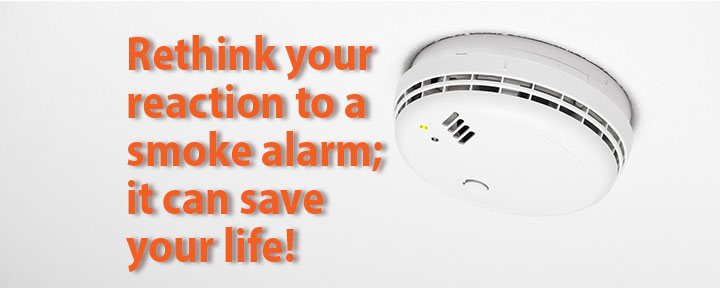
With all the news about wildfires destroying millions of acres each year, I’ve been hyper focused on how to handle evacuations and grabbing my go bag. I haven’t thought about what to do if I had a fire inside the house. That’s why when my smoke detector went off in the hallway yesterday, I immediately grabbed a stool to silence it. After all, for the past 40 years, my only interaction with my smoke detector was replacing the battery when it would beep or pulling the batteries out when I accidentally burnt garlic bread in my oven causing smoke to set it off.
But this time, I actually did have a fire inside my house.
When the first smoke alarm screeched an annoying siren, I pressed the button to disarm it. But it kept beeping. So I pulled the batteries out, but oddly, it kept beeping. Then 4 other smoke alarms went off in different parts of the house; the noise was loud. The dogs started to howl while Rob, my husband, and I were racing around trying to disarm the alarms.
We didn’t think there was a fire because we didn’t see any smoke and didn’t smell a fire.
We did smell an unusual odor (not the familiar wood fire) and began to see light gray smoke near the ceiling. Rob followed the smoke into the gift wrap room where he saw flames creeping up the wall from the carpet. He grabbed satin cloth and put out the fire.
One of the batteries in a headlamp charger exploded causing small embers to spray across the carpet. It probably smoldered there for a few minutes before igniting. We were lucky that we caught it before it caught the wrapping paper on fire.
When I told Nicole, my oldest daughter, about the series of events, she was quick to say, “Everything you did was absolutely wrong!” And she was right. She asked why we were so intent on stopping the sound instead of looking for the possible fire.
I had become so accustomed to dealing with annoying batteries in smoke alarms and airing out the house when my garlic bread burnt. I learned how to disarm the smoke detector because I never believed that I would actually have a fire in my house. I forgot to first check the scene to see if it was safe.
I’m sharing this story with you so you don’t make the same mistake I did. When your smoke detector goes off, first assess the situation to make sure that there is no fire before pushing that silence button. The sooner you find the fire, the less damage it will cause. I learned this the hard way.
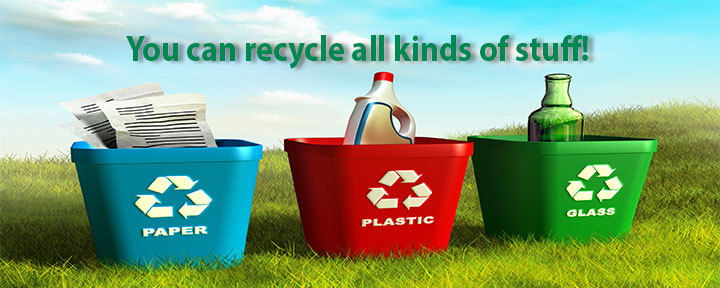
I consider myself a tree-hugger, and some call me a prepper. I try to make things from scratch, grow my veggies and fruit, and produce as little CO2/methane as possible. That’s why I was thrilled to see Green America’s list of 21 things that can be recycled or reused. They even include links and contact info.
Check it out:
1. Appliances: Goodwill accepts working appliances, or you can contact the Steel Recycling Institute to recycle them.
2. Batteries: Try Battery Solutions to buy a product to put batteries in to ship away. Staples also has a national battery recycling program for individuals or your office. Some Ikea stores have recycling stations for them as well.
3. Cardboard boxes: Contact local nonprofits and women’s shelters to see if they can use them. Or, offer up used cardboard boxes at your local Freecycle.org listserv or on Craigslist.org for others who may need them for moving or storage. If your workplace collects at least 100 boxes or more each month, UsedCardboardBoxes.com accepts them for resale.
4. CDs/DVDs/Game Disks: Send scratched music or computer CDs, DVDs, and PlayStation or Nintendo video game disks to CDFixers for refinishing, and they’ll work like new.
5. Clothes: Wearable clothes can go to your local Goodwill outlet or shelter. Donate wearable women’s business clothing to Dress for Success, which gives them to low-income women as they search for jobs. Offer unwearable clothes and towels to local animal boarding and shelter facilities, which often use them as pet bedding. Consider holding a clothes swap at your office, school, faith congregation or community center. Swap clothes with friends and colleagues, and save money on back-to-school clothes, Halloween costumes, or any season you want.
6. Compact fluorescent bulbs: Call your local Ikea store–many have units for recycling florescent bulbs, along with batteries and conventional recyclables. Earth911 has a great tool where you can enter your recyclable and zip code and it will give you a list of places that will accept that item.
7. Compostable bio-plastics: Compostable bioplastics include those cornstarch utensils and specially marked cups, which won’t break down quickly in your home compost bin like your food scraps do. Find a Composter has a tool for finding municipal composters for these types of items.
8. Computers and electronics: E-Stewards has a tool for finding responsible recyclers for computing waste which can be toxic and hard to break down.
9. Exercise videos: If you’ve done the same workouts a million times, swap them with others at Video Fitness. If you’re done with them forever, contact your closest e-waste station and see if they will accept them. Policies change frequently and the magnetic tape in VHS makes them particularly difficult to recycle.
10. Eyeglasses: Your local Lion’s Club or eye care chain may collect these. Lenses are reground and given to people in need. Often eye doctors’ offices will collect them, or even local libraries. Glasses are most often donated as-is to someone with a similar prescription. Reading glasses and non-prescription sunglasses can often be donated as well.
11. Foam packing: Your local pack-and-ship store will likely accept foam peanuts for reuse. Or, call the Plastic Loose Fill Producers Council to find a drop-off site. For places to drop off foam blocks for recycling, contact the Alliance of Foam Packaging Recyclers.
12. Ink/toner cartridges: Recycleplace.org will pay a few cents for your old ink cartridges, up to $1 depending on the brand. If you bring your old cartridges to Staples, they will give you a $2 voucher you can use towards your new ink. Also, Best Buy accepts ink cartridges, as they have a large recycling program.
13. Oil: When the oil is being changed in your car, it can be re-refined and made into motor lubricants and other petroleum products. Earth911 has a tool to find which auto shops you can use to recycle oil in your zip code.
14. Phones: HopeLine is a program to provide cell phones to domestic violence survivors. Bring them to a Verizon or mail them in to donate. Office phones and corded phones can be recycled through Staples or another e-waste recycler.
15. Sports equipment: Resell or trade it at your local Play It Again Sports outlet or at Goodwill.
16. “Technotrash”: Staples’ e-waste program will take iPods, MP3 players, cell phones and chargers, digital cameras, PDAs, palm pilots, and more. Also, easily recycle all of your CDs, jewel cases, DVDs, audio and video tapes, pagers, rechargeable and single-use batteries, PDAs, and ink/toner cartridges with GreenDisk’s Technotrash program. For $11.95, GreenDisk will send you a cardboard box (or you can use your own) in which you can ship them up to 25 pounds of any of the above. Your fee covers the box as well as shipping and recycling fees.
17. Athletic and other shoes: MORE takes donations of lightly used running shoes which are resold to fund sustainable farming programs. Soles4Souls was founded after Hurricane Katrina, which gives shoes as a measure of disaster relief and to create micro-enterprises with a low cost product. read more
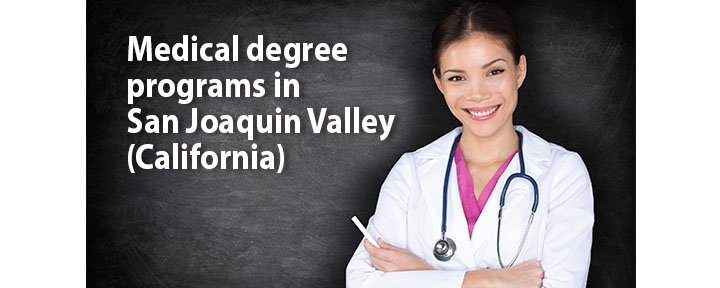
With a huge demand for doctors in the San Joaquin Valley (central California), UC Merced just announced that it will offer a B.S.-to-M.D. joint-degree program with UCSF-Fresno starting in 2023. What does that mean? The UCs will now have a medical school in central California, and this one is an eight-year program. Students start at UC Merced and then end at UCSF Fresno with a medical degree.
UC Merced students majoring or minoring in Psychology or Public Health will be ideal candidates for UC Merced’s Medical Education program, and will serve as a pipeline for physicians and health care providers. Students will do clinical training at regional centers with a rural focus that provides training with marginalized, rural, and underserved populations.
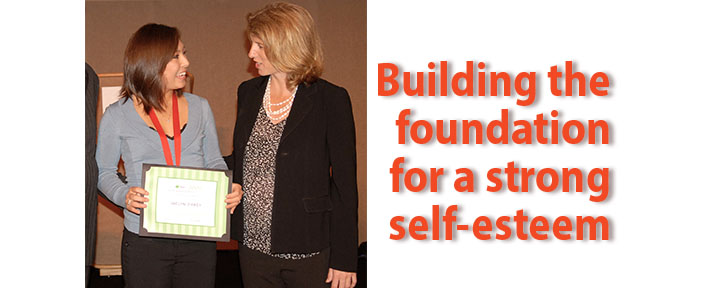
Being a teen today has many complexities that the rest of us old folks never had to maneuver. We didn’t have 18 months of social isolation where most of our interpersonal interactions were spent perusing social media posts. We didn’t have bullies who hid behind digital screens while they blasted hateful messages and photos to us for everyone to see. Most of the teens I work with today suffer from depression and devastating self-esteem issues.
Teens so desperately need to receive affirmations to feel that they’re normal. Whether it’s knowing that their favorite sweatshirt looks good on them or that they’re applying to the best colleges. I find it concerning when teens value their peers’ advice over their parents’ and even mine (I’m their college advisor!). One 16-year-old boy told me that it wasn’t until his peers gave him thumbs up, that he finally felt confident enough to share his idea publicly. While I know that teens trust their peers – especially the super popular and attractive teens, I worry that so much rides on what their peers (and others) think of them.
So how do we help our teens develop healthy perspectives and positive personal self-esteem? Projects! Brainstorming about an issue or problem, and then solving some portion of that problem by doing a project, helps teens find their voices and begin to establish who they are in this ever-changing world. The process of doing a project requires research, critical thinking, problem solving, and initiative. By delving into these 4 skills, these teens learn how to navigate real-world problems. They see how their personal impact positively affects others – and that’s REAL. It’s not a fickle peer’s comment or fleeting friendship; it’s knowing that they are doing something that needs to be done – and they’re doing it themselves.
I remember when Rory Kennedy (yes, that Kennedy) gave my youngest daughter Jaclyn an additional $10,000 scholarship (total $20,000) at the National Toyota Community Scholars event in Kentucky, Jaclyn told me that she was so proud to be recognized by such an esteemed group of judges. When I reminded her that I have been telling her how exceptional she was since she was 7 years old, she responded: “Yeah, but you’re my mom… Of course you’re going to say that!”.
I find that teens who do individual projects (not group projects and not things that are required by teachers or clubs) because they are interested in fixing these problems or exploring these areas, become confident, interesting, and happy young adults. They put their ideas and energy into developing projects that help society (or to become successful). You can’t take away self-esteem that is grounded in real work that they accomplish on their own.
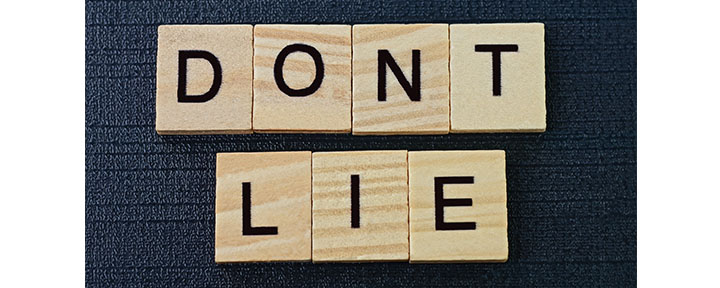
Don’t get paranoid if the UCs request more information from you to validate information you have listed in your academic history, honors and awards, extracurriculars, volunteer work and community service, special programs, or any other topics. They are selecting students from a random sampling to send in proof or documentation about information listed on you UC application.
You’ll need to get documentation from your counselor, teacher, coach, or other, on letterhead. Everything needs to be received by the UC admissions office by January 31, 2022. Failure to respond will result in the cancellation of your application. This is a good heads up about not “puffing” (exaggerating or lying) about anything on your college applications.
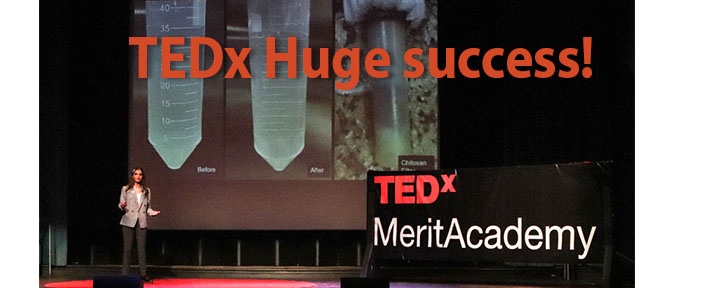
Proud of these speakers for sharing their ideas about solving our climate crisis and improving healthcare here in the US and around the world. We’ll post their TEDx videos as soon as they’re approved by TED.
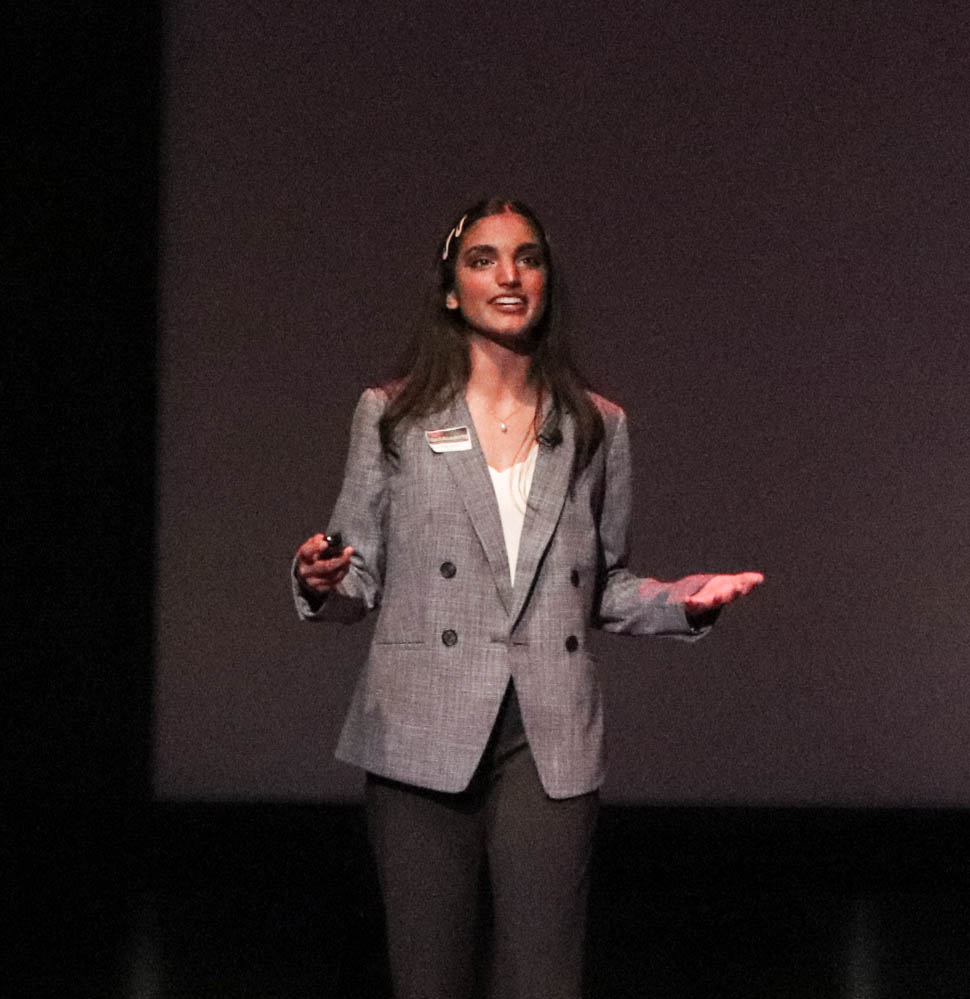
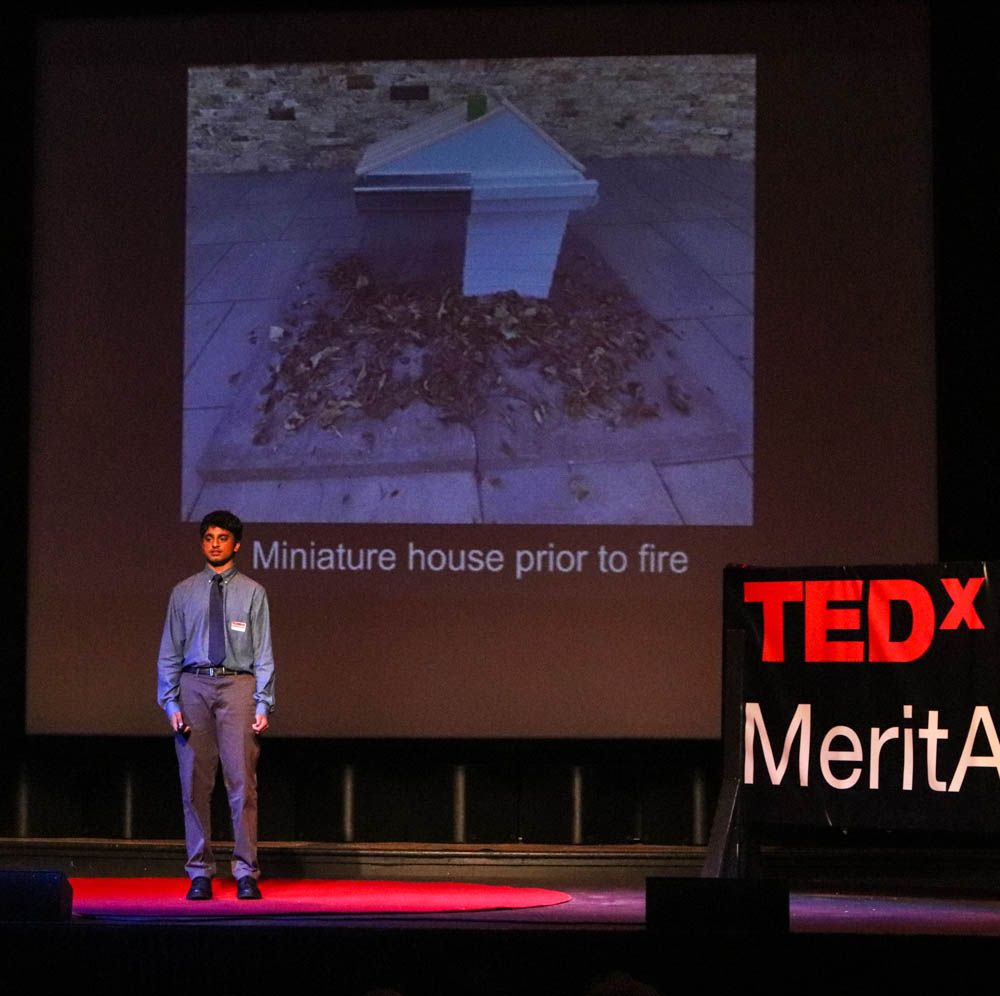
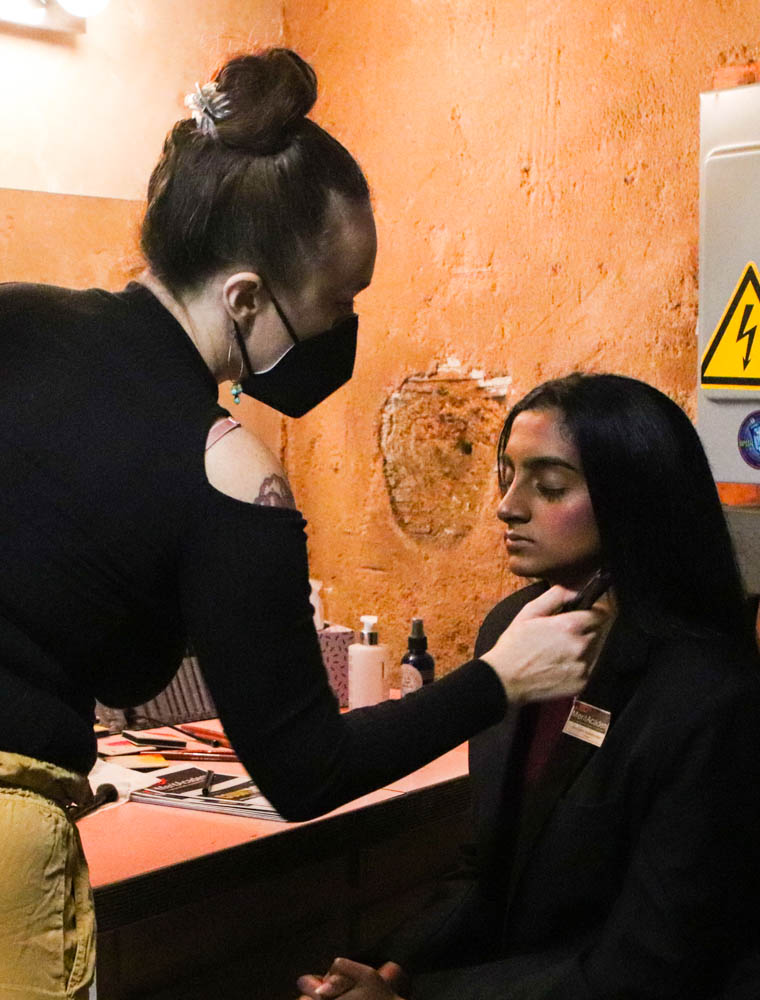
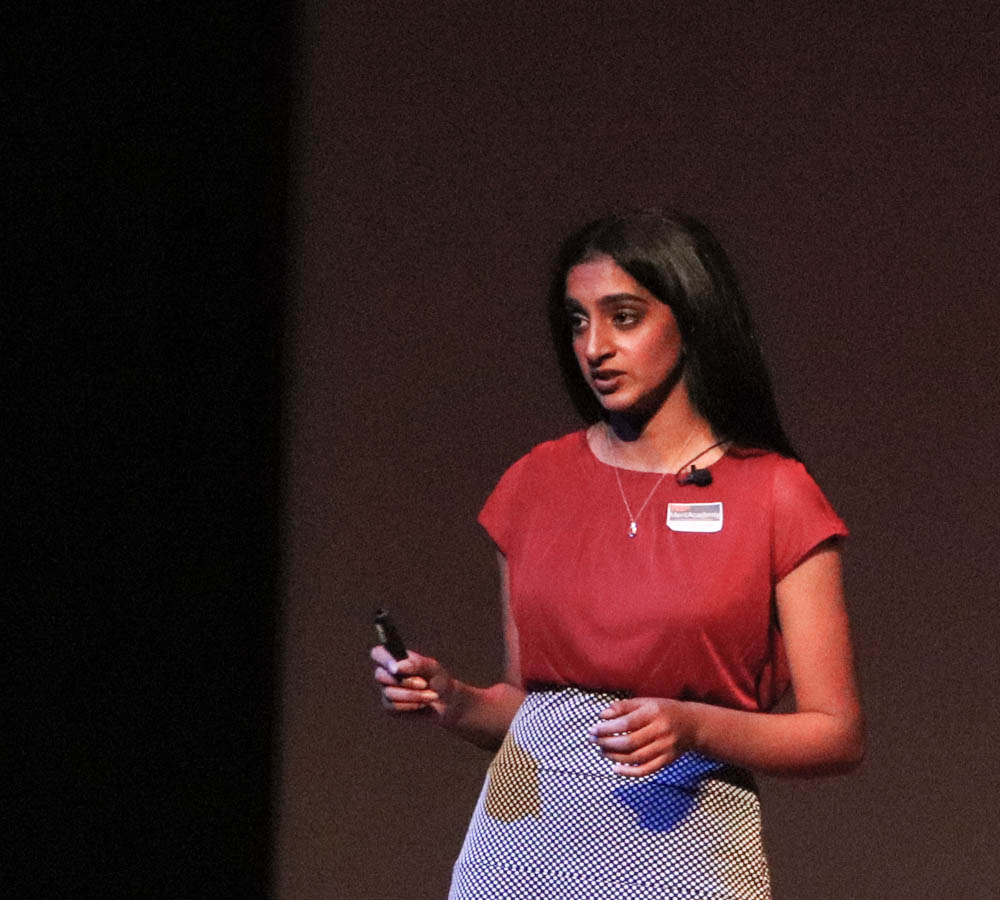
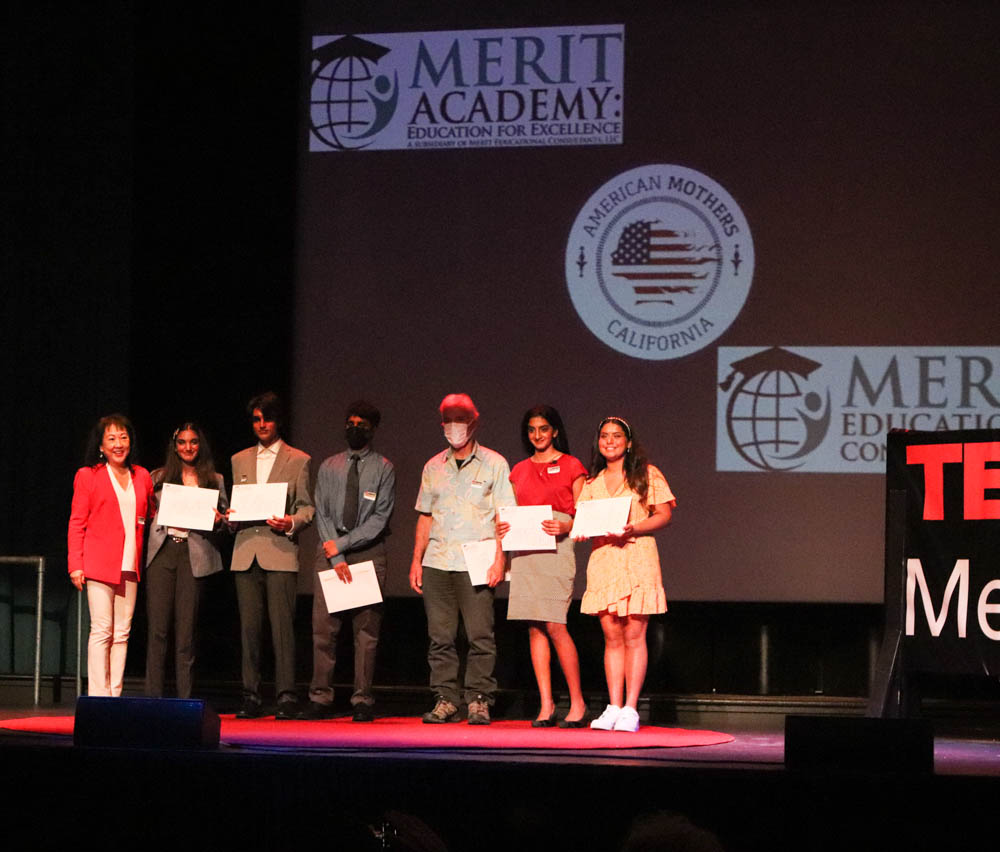
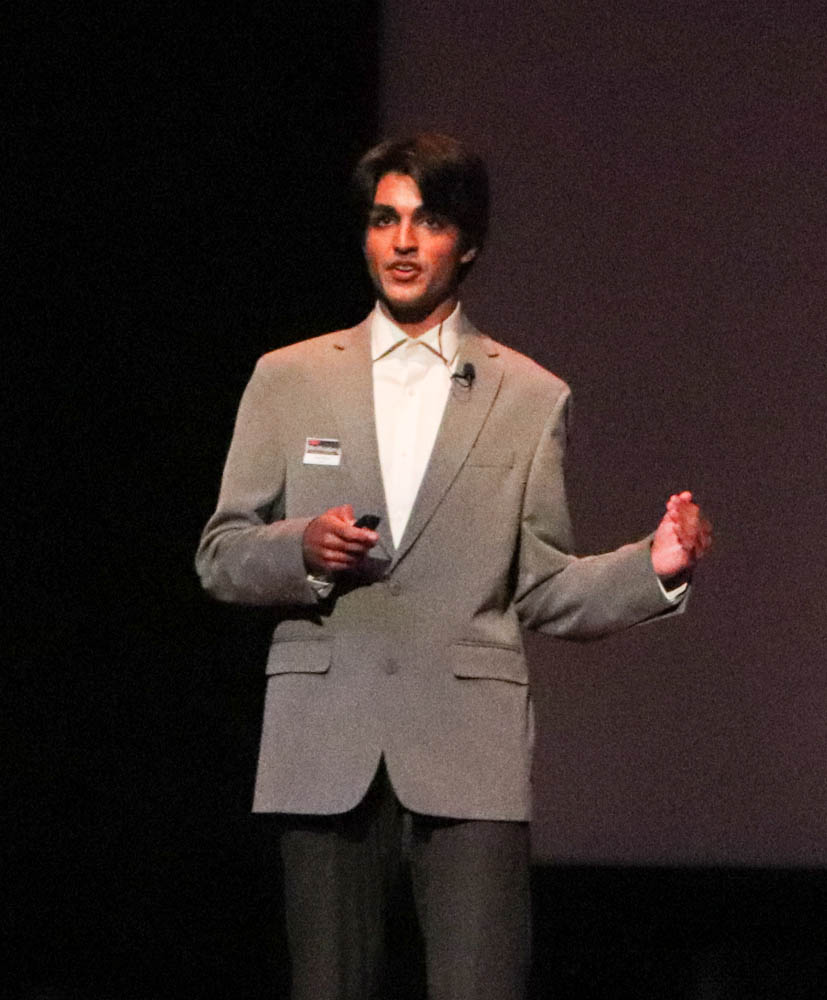
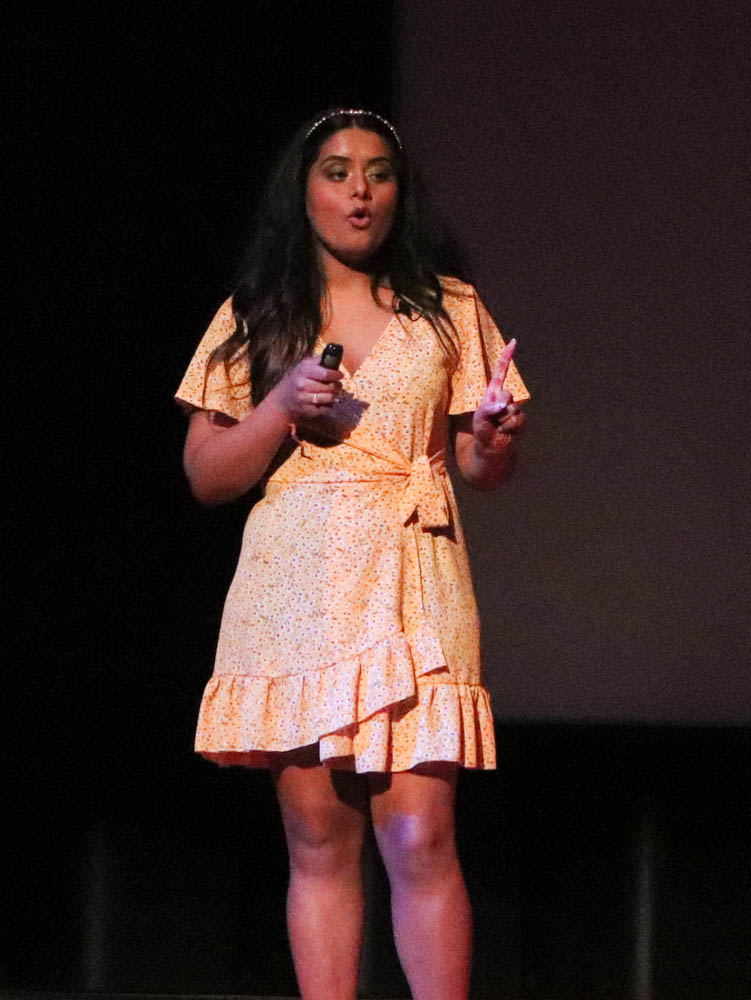
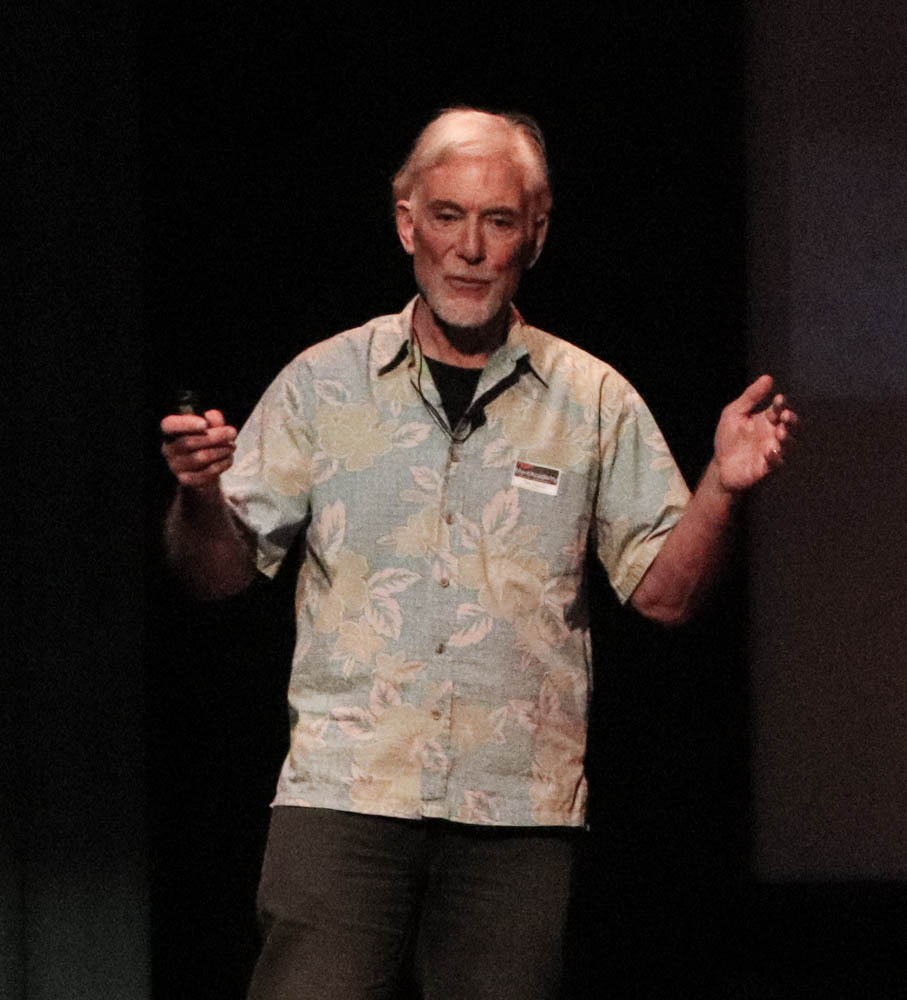
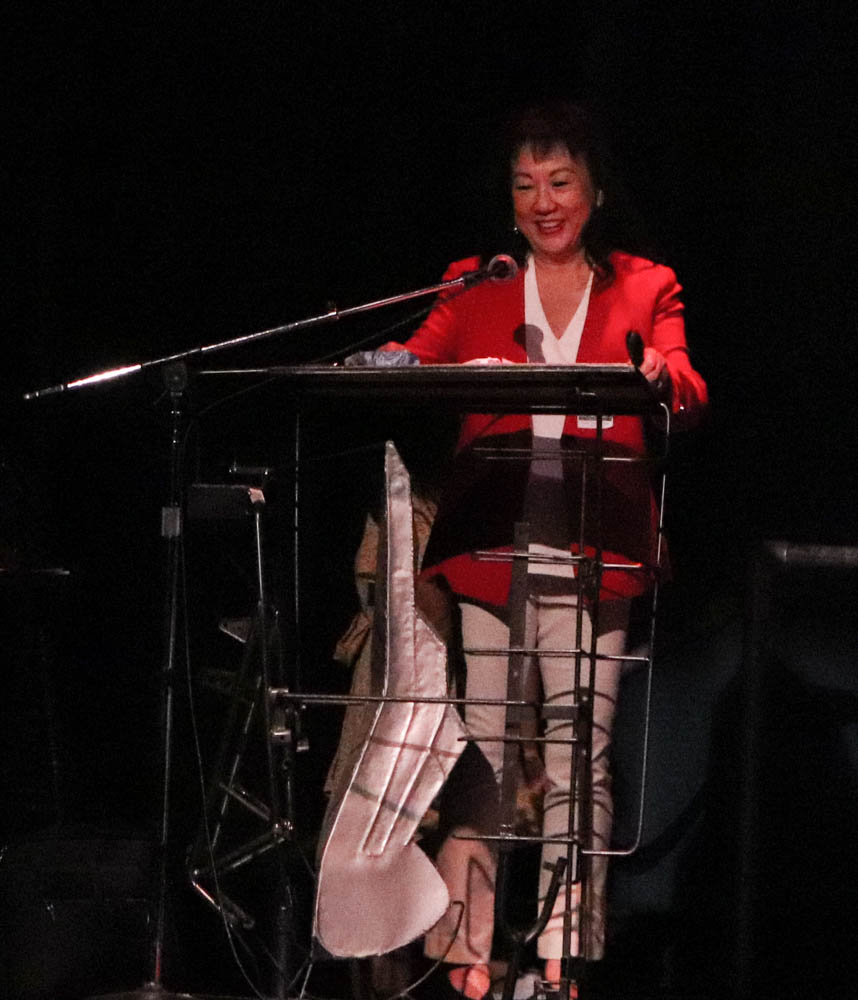
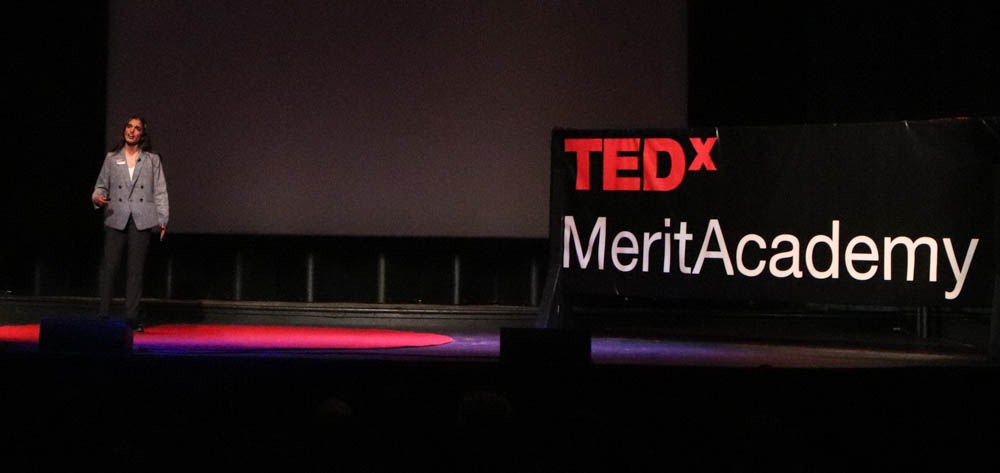
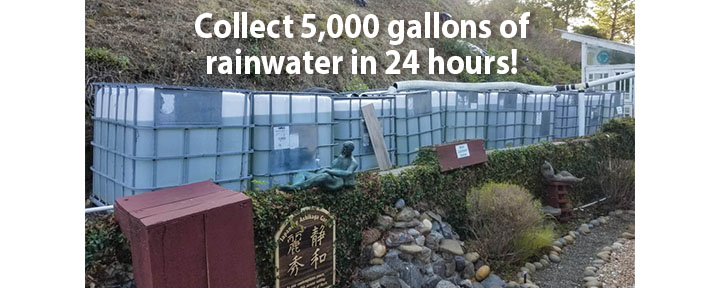
Living in a drought in California changes your perspective on rainfall. After 9 months without rain, we were thrilled that a huge atmospheric river was heading our way. We had about 24 hours of non-stop rain on Sunday. Every drop that landed on our roof funneled down pipes directly into our 18 IBC tanks.
Each tank holds about 275 gallons of rainwater. The west side of our roof filled 8 IBC tanks, while the east side filled 10 IBC tanks. Imagine that? We collected about 5,000 gallons in one day!
We just filled a separate 5,000-gallon tank from left-over water from last season – so now we have a total of 10,000 gallons reserved. We use this to irrigate our 30 fruit trees and raspberry/blackberry patches.
With a warming climate causing extreme weather conditions, we need to plan how to conserve the rainwater we do get. It gives me a great sense of security knowing I have enough water for next year’s fruit harvest.
